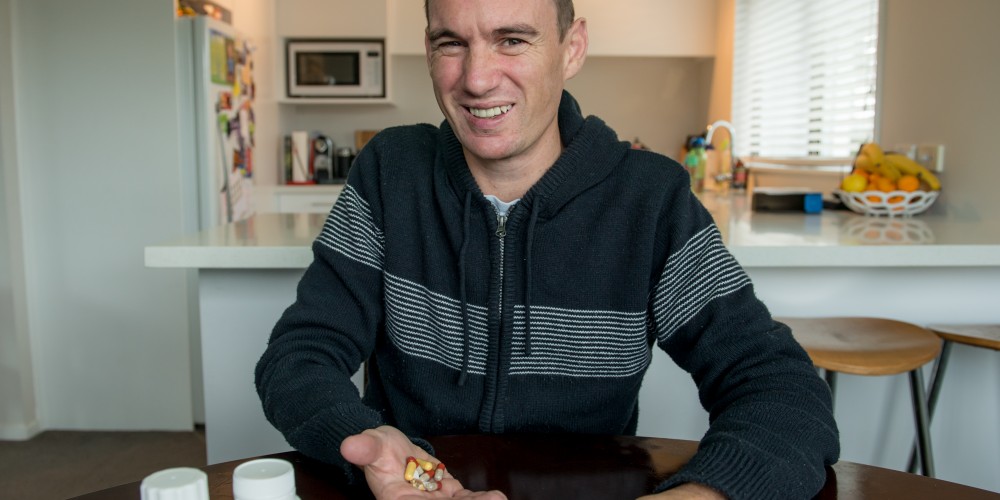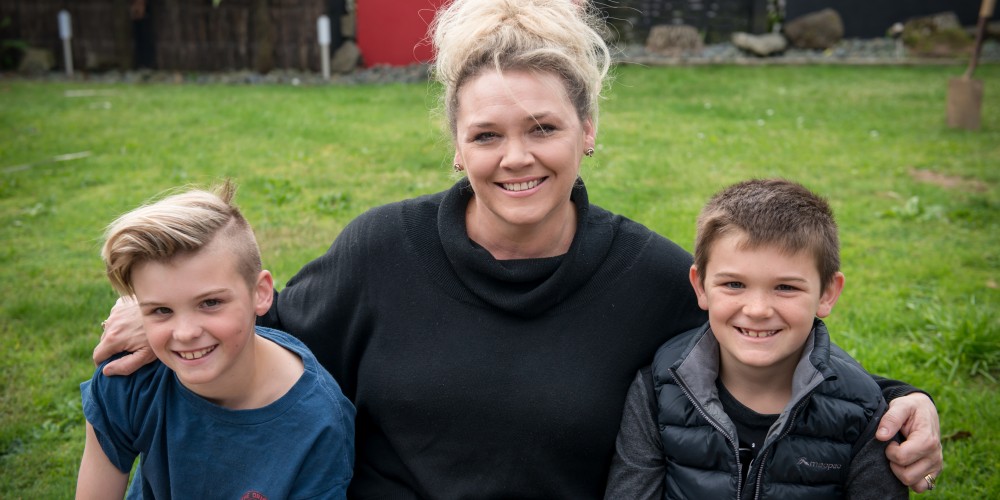Part of growing up with cystic fibrosis is the transition from paediatric care to an adult cystic fibrosis service. In becoming more responsible for your own care and treatments, you will learn the skills you need to manage adult life and get the most from activities such as employment, going away to university, or living with a partner.
Transitioning from paediatric to adult cystic fibrosis clinics is a normal part of clinical care worldwide – it’s designed to meet your changing healthcare needs as you become an adult.
Your paedriatric CF clinic will start preparing you for the transition between the ages 16 and 19. Part of this preparation will be helping you to take more responsibility for your health, and giving you the opportunity to become familiar with the adult CF team.
You may find that the two teams are very different in the way they work but don't worry, both want the same goal, for you to stay as healthy as possible.
For example, paediatric care is more family and whanau focused, while adult services provide care to the individual and may not include parents. Young adults will also be expected to take responsibility for their own healthcare and treatment regime.
Your paediatric CF clinic will help you to adjust to your new environment, team and health care model to ensure the transition to adult care is as smooth as possible.

The adult clinic will provide a different service from paediatrics to reflect the changes and exciting new chapters in your life.
There are many important decisions to be made at this time, such as making decisions about education and a future career. You may also be forming your first serious relationship and need advice relating to sex, family planning and whether to go flatting.
Some of the issues adult clinics consider are:
Transitioning to adult care can create issues with adherence to treatments as young adults learn to take more responsibility for their own care.
At this time there's a greater chance of teenagers not doing their physiotherapy or taking their medicines as they try to fit in with their peers. Some of the barriers to adherence include lack of time, forgetfulness and unwillingness to have treatment in public. Developing strategies to overcome some of these barriers can be helpful – ask your clinical team or fieldworker for ideas that can help.
Non-adherence to treatment is usually a temporary phase. As teens become young adults they're likely to learn to take better care of their health. An exacerbation can also lead to a young person deciding to become more committed to their treatment regime.

Parents who have been closely involved in their children’s care up until now can find it hard to watch them making decisions they may not like. Their opinions may be disregarded but this happens to all parents as children grow up and seek independence. Reminders to do treatment can be ignored. Talk to your teenager about what they want – they may still appreciate reminders about treatment but be willing to take a step back.
It’s not uncommon for parents of children with CF to find the transition process very difficult. You can talk to your CF field worker or CF Team about any concerns.
There can be some issues in the early stages of transition. It’s a good idea talk to the adult clinic about any anxieties but going back to the paediatric team for advice is not recommended since they are no longer directly involved in the person’s healthcare. New relationships with new healthcare teams can take time to strengthen and will do so with respect for other people’s roles and perspectives.
While transition can seem daunting at first, it’s an important milestone in the maturity of a person with CF. Transition can increase a teenager’s confidence as they become better at making their own decisions and taking responsibly for their own health.
The CF Team can provide information and support to assist them with developing that independence.
When you start attending clinic as an adult, you can ask a parent or a friend to go with you for support. If you choose to go to clinic alone, your information will be kept confidential unless you give consent for the hospital staff to share information.
Parents are still often the people that young adults turn to when they need help and support.
If you’d like to know more about the transition from paediatric to adult care, contact your local CF Field Worker or download the Transition fact sheet from CF Australia.